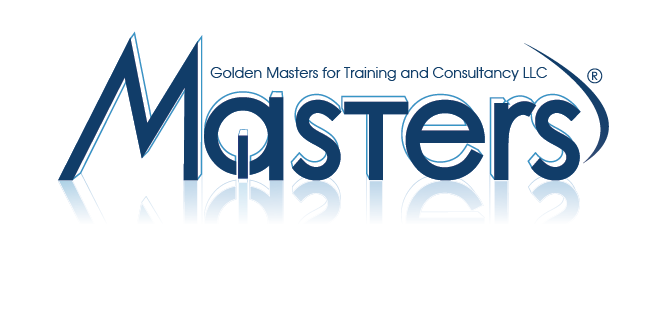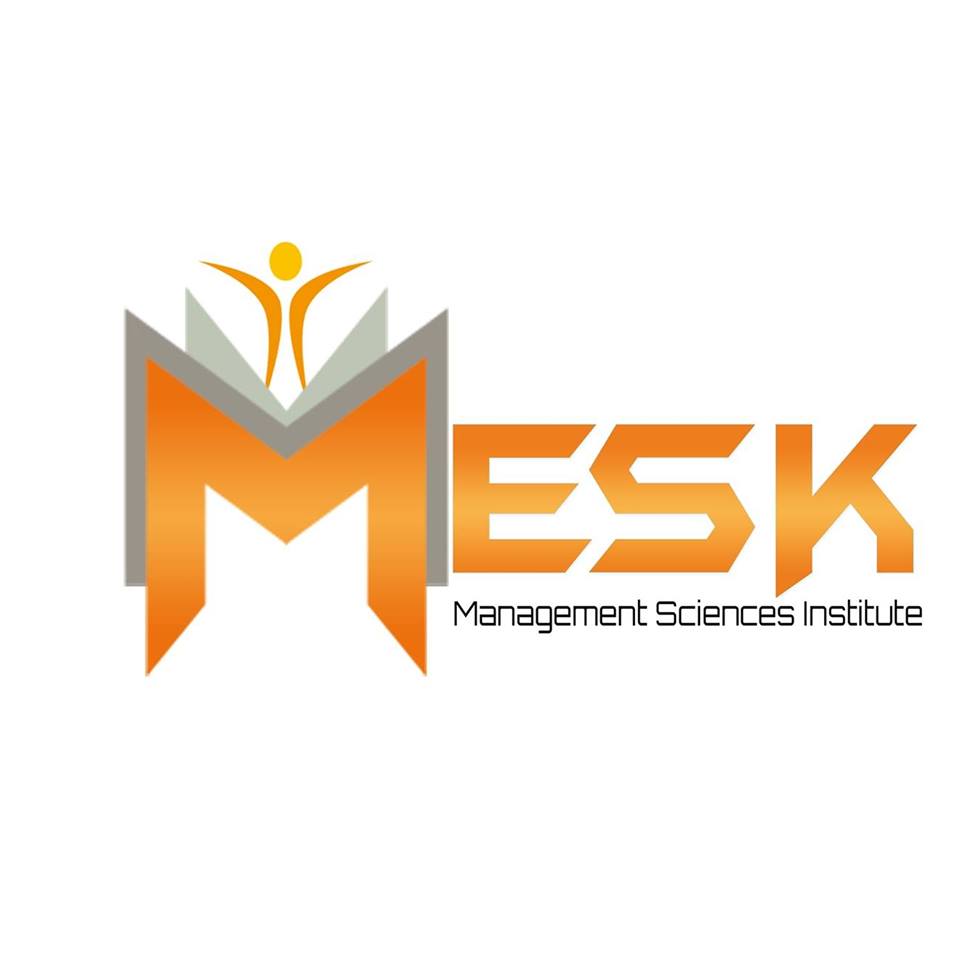It is very important to lab staff, Technicians, supervisors and managers to learn how to create the success in their lab. The course provides basic laboratory analysis methods for crude oil, hydrocarbon gas, and water.

Masters Training Company was established in response to the growing need for quality training to support the business community within your Company, Department or Organization by providing a high standard of Training Programs, Courses, Seminars, Workshops and Consultancy Services to employees in a very competitive business environment.
Masters is also an approved vendor from KHDA & ILM
(Institute Review)
55 years ago(Institute Review)
55 years ago
'Laboratory Instruments Calibrations and Troubleshooting Techniques' training is offered by Mesk Management Sciences Institute. Kindly contact us to inquire and find out about the schedule and complete outline.

'ISO 15189' training is offered by Mesk Management Sciences Institute. Kindly contact us to inquire and find out about the schedule and complete outline.

'Mycotoxin's Reference Laboratory' training is offered by Mesk Management Sciences Institute. Kindly contact us to inquire and find out about the schedule and complete outline.

'Sample Development and Preparation in Analytical Laboratory' training is offered by Mesk Management Sciences Institute. Kindly contact us to inquire and find out about the schedule and complete outline.

'Laboratory Hazardous Management System' training is offered by Mesk Management Sciences Institute. Kindly contact us to inquire and find out about the schedule and complete outline.
© 2025 www.coursetakers.ae All Rights Reserved. Terms and Conditions of use | Privacy Policy